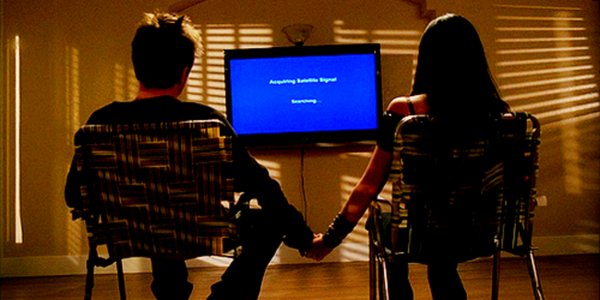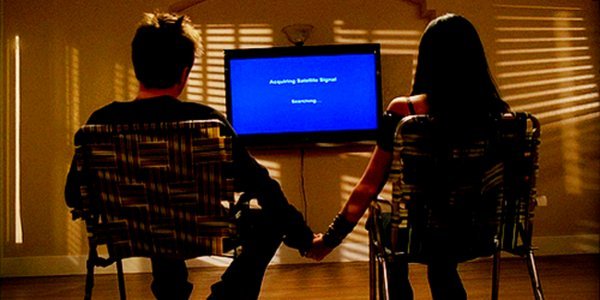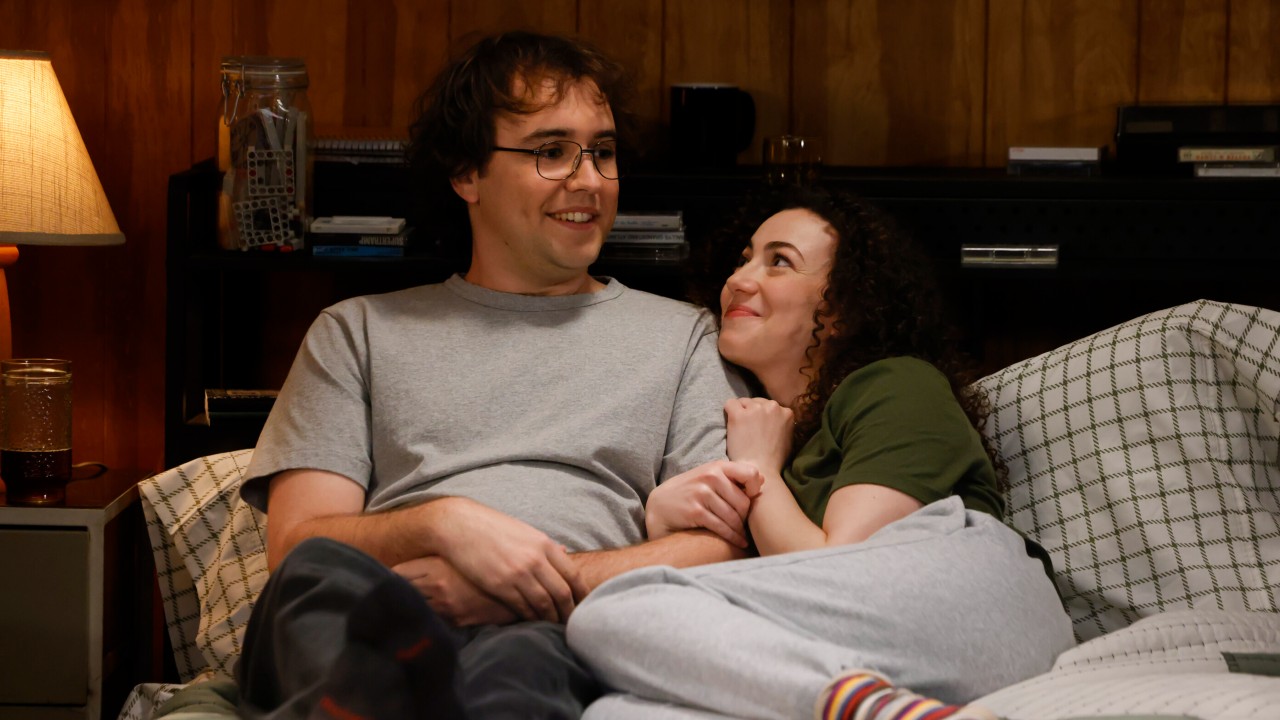The FCC Just Decided You No Longer Need A Cable Box To Watch Cable, Get The Details

With streaming services like Netflix and Amazon Prime making their way into more homes, getting programming straight to our screens without any expensive equipment is easier than ever. Unfortunately, however, there’s no streaming service that gives us access to all of the cable channels in real time. The options have always been either getting a cable box, not having cable or signing on for a "some channels" service like Sling TV. Now, thanks to the FCC’s decision that consumers should no longer need a cable box to watch cable, there will be easier and cheaper ways to get channels without needing to rent (and pay for) equipment.
The Federal Communications Commission has approved a proposal that would allow consumers to swap the expensive boxes with less expensive devices and even apps, according to a report from Reuters. The change would boost competition in the cable market as well as deal a serious blow to cable companies like Comcast and Verizon that have dominated in the past.

The change would require satellite and cable providers to give the makers of alternative devices the right to have access to the programming. While third-party device makers do currently have the legal right to obtain that programming, the satellite and cable companies often impose restrictions that make it difficult for the alternative devices to make a profit.
The FCC certainly seems to be working for consumers rather than cable companies with this decision. 99% of US customers currently pay an average of $231 per year to lease cable boxes from the companies, so third-party devices at a fraction of the cost could be a big boon to TV fans but could cause devastating damage to the reigning major carriers. Frankly, it’s about time that consumers catch a break. Rental fees for cable boxes have risen a staggering 185% since 1994.
Promising as this news is to consumers, changes in prices are still likely a ways off. The proposal is the beginning of a process of gathering information that will span sixty days to allow cable providers to comment on the ruling. Even if the ruling is implemented after those sixty days, the industry would have two years to comply. Considering that cable giants stand to possibly lose a lot of money if the proposal progresses as planned, we can assume that there will be plenty of commenting going on during the sixty days.
It’s hard to rejoice over companies suffering staggering losses, but big name cable companies have had it coming. Consumers have been increasingly suffering due to loopholes, fees, and limitations. Comcast in particular has been frustrating the masses, getting the most votes in a Worst Company in America poll. In addition, the FCC itself has gotten upward of 13,000 direct consumer complaints over one of Comcast’s most recent policies.
Change is coming on the cable scene thanks to the FCC’s decision, and consumers may be in to save more than just a couple of bucks in the near future.
CINEMABLEND NEWSLETTER
Your Daily Blend of Entertainment News

Laura turned a lifelong love of television into a valid reason to write and think about TV on a daily basis. She's not a doctor, lawyer, or detective, but watches a lot of them in primetime. CinemaBlend's resident expert and interviewer for One Chicago, the galaxy far, far away, and a variety of other primetime television. Will not time travel and can cite multiple TV shows to explain why. She does, however, want to believe that she can sneak references to The X-Files into daily conversation (and author bios).










